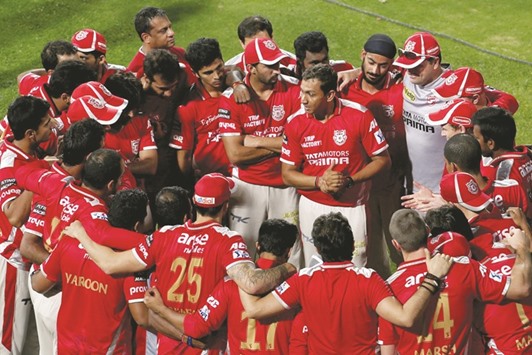Former India all-rounder Sanjay Bangar was yesterday appointed national head coach for the limited overs tour of Zimbabwe, starting June 11 while ex-domestic cricketer Abhay Sharma was named fielding coach. India will play the first One-Day International (ODI) on June 11. The Mahendra Singh Dhoni-led young Indian brigade will take on Zimbabwe in three ODIs and as many T20Is in Harare.
Bangar, 43, had previously worked with the national team as the batting coach when former skipper Ravi Shastri was the director before their contracts ended with the World T20 championship in March-April. Indian board had said it would put together an interim coaching team for Zimbabwe; June 10 is the deadline for candidates to apply for the role of India’s full-time head, and the appointment process will be completed before India leave for the West Indies in July.
Bangar represented India in 12 Tests and 15 ODIs. Bangar has also worked with Kings XI Punjab in the IPL since 2014, the first Indian to head the coaching staff at an IPL franchise. In his first season coaching the often under-achieving team, they made the final, however, this season they finished last.
NZ coach Hesson extends contract until 2019
Mike Hesson has been rewarded for his successful reign as New Zealand coach with a contract extension that takes him through until after the 2019 World Cup in England.
Since taking over as coach in 2012, Hesson has overseen a marked improvement in New Zealand’s standing in international cricket and they are now ranked number one in Twenty20, second in one-day internationals and fifth in Tests.
Team manager Mike Sandle, batting coach Craig McMillan and strength and conditioning coach Chris Donaldson have also extended their contracts.
New Zealand reached the final of the 50-overs World Cup last year and the semi-finals of the World Twenty20 in March, having gone unbeaten in seven Test series home and away from 2013 until 2015. While the majority of the side remain intact, top order batsman Kane Williamson has succeeded the retired Brendon McCullum as captain for all three formats of the game. New Zealand’s next international assignment is their tour of southern Africa in July and August, where they will play two Tests each against Zimbabwe and South Africa.
Aussies embrace guided missile technology in Ashes quest
Australia are resorting to guided missile technology to help their fast bowlers reclaim the Ashes from England next year.
Steve Smith’s team have been grappling with injuries in their pace attack with Peter Siddle and James Pattinson out of action, while Mitchell Starc has just recovered after being sidelined since November with a foot fracture.
The upcoming tour of Sri Lanka will see the Australian bowlers embrace the “torpedo technology”, using “smart algorithms” planted in a wearable tracking device, to track and reduce injuries to the pacemen.
Sports scientists at Australian Catholic University’s School of Exercise Science developed the algorithms and have recommended in a report in the British Journal of Sports Medicine that cricket coaches use them.
“These ‘smart algorithms’ rely on the interaction of the accelerometers, magnetometers and gyroscopes housed within the wearable unit - the same technology used to navigate submarines, guided missiles and spacecraft,” the report’s co-author Dr Tim Gabbett said.
Existing methods of measuring the workload of the bowler only take into account the number of deliveries bowled and not the intensity and effort required. “Tagging individual balls with an intensity measure provides both immediate analysis such as identifying effort balls, or potentially a drop in performance due to fatigue, or longer term workload analysis,” Dean McNamara, the other co-author, added.
“Measuring bowling intensity for individual balls or sessions provides context for the acute and chronic workload of the individual bowler, and ultimately the preparedness of the bowler for the maximal workload of the immediate competition.”

Sanjay Bangar has also worked with Kings XI Punjab in the IPL since 2014.
